Waste Management
More Food Waste at AD Plants Prompts Demand for Better Pumps
Oct 29 2014
Incorrect pump specification is rapidly catching up with AD plant operators who are trying to make their agricultural digester perform like an industrial chemical reprocessing plant by using food waste as a feedstock.
Pump and mixer manufacturer Landia (UK) say that the abrasiveness of acidic food waste, especially liquid food waste, is causing increasing problems for AD operators hampered by repeated clogging and blockages.
“We have found Ph levels as low as 3.8 on food waste digesters in the UK,” said Landia’s Paul Davies. “This creates a challenging environment for any mechanical equipment. Agricultural-spec cast iron pumps are not uncommon for AD, but as soon as food waste is brought into the equation, solid cast 316 stainless steel units are a must if your AD plant is going to operate efficiently and stand the test of time”.
Davies also points to the understandable appetite for higher and higher gas yields that have led to demands for thicker and thicker material.
“Trying to maximise gas from the solid parts of food waste makes sense”, he added, “but many of those trying to achieve this seem to have overlooked the fact that even with good quality equipment, it may be too thick to pump. This leads to much higher frictional resistance in pipelines and bends, in turn creating blockages and ultimately, that near unmentionable word – downtime - ’”.
Landia, whose externally-mounted GasMix digester mixing system has been installed by Cory Environmental (one of the UK's leading recycling, waste management and energy recovery companies), also stress that correct de-packaging of food waste is essential. Over-shredding creates particles that are too small to be screened out, whilst under-shredding doesn’t release all of the food waste, which can lead to blockages downstream if not screened out.
Davies says that screening is also essential. He states that too high a plastic content in the end-product will fail the PAS 110 standard and prevent digestate being put on to land. Plastic can be pumped without blocking, but then it ends up in the digesters as a floating layer. This reduces the useable volume and may inhibit the action of the digester, as well as the pasteurisation and buffer storage tanks.
“There are too many AD plants that aren’t working as well as they should be”, concluded Davies. “Food waste needs to be considered very carefully. If you really want those consistently high gas yields, then high-quality pumping equipment, designed for purpose, is the way forward”.
Events
Nov 26 2024 Paris, France
Nov 27 2024 Istanbul, Turkey
H2O Accadueo International Water Exhibition
Nov 27 2024 Bari, Italy
Biogas Convention & Trade Fair 2024
Nov 27 2024 Hanover, Germany
Dec 11 2024 Shanghai, China
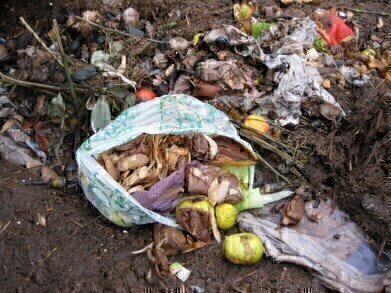
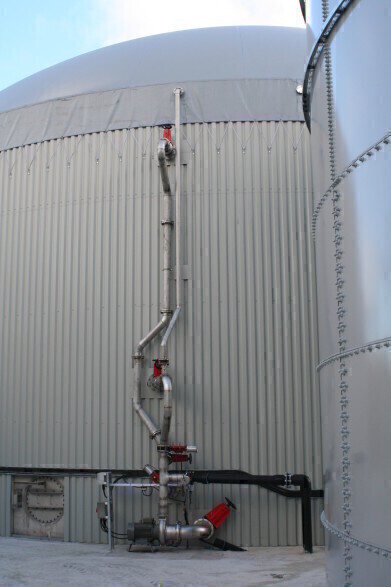
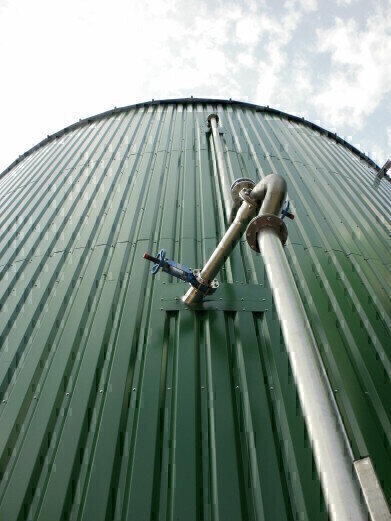
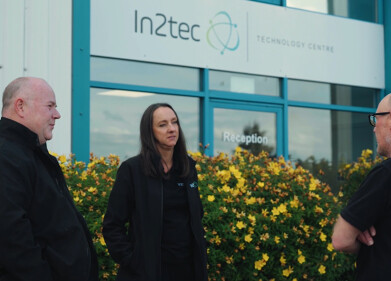
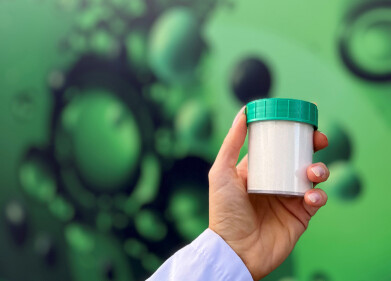
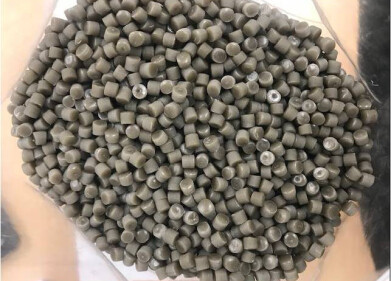
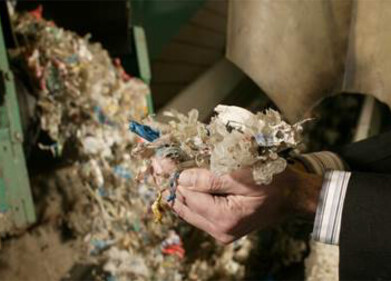


-as-feedstock.jpg)






